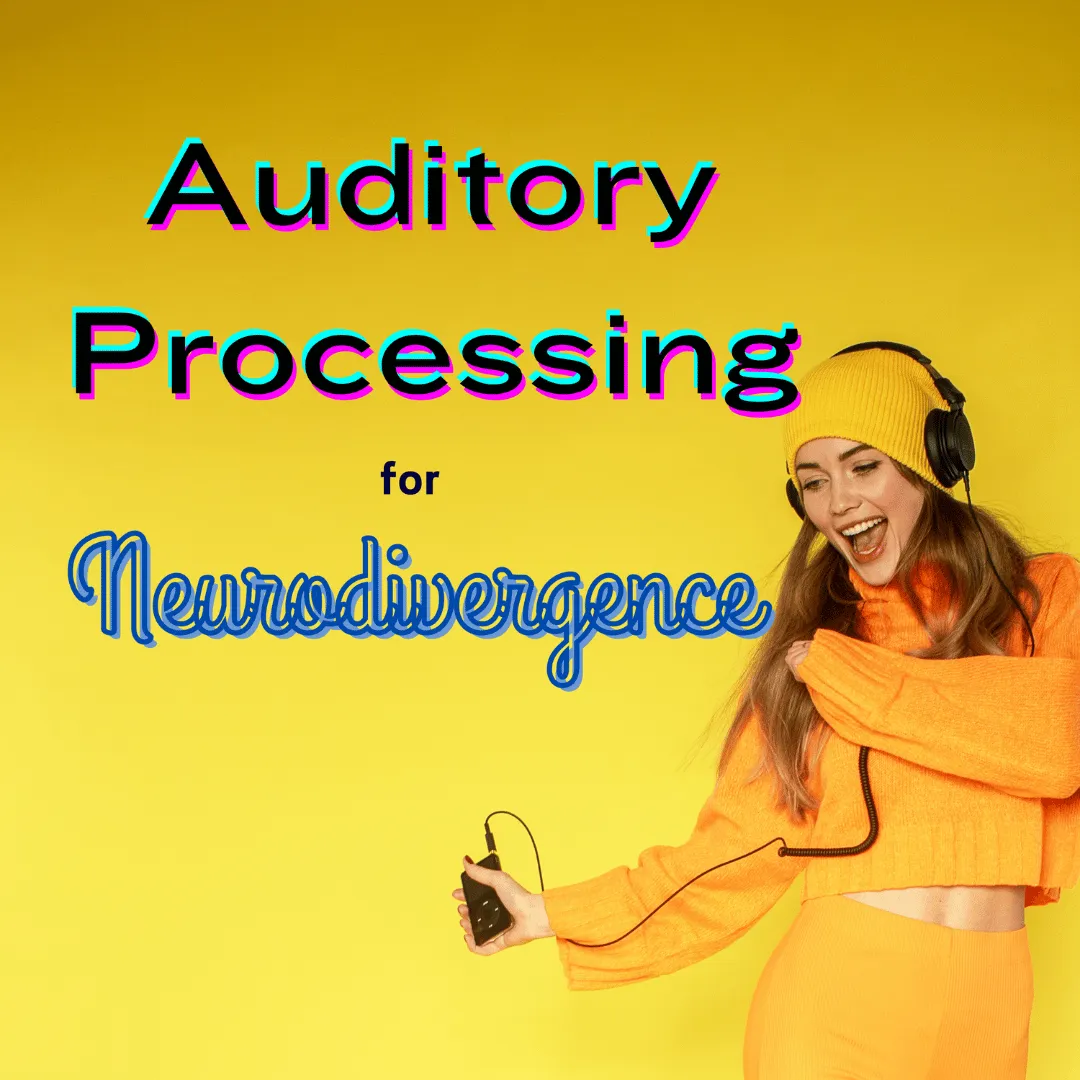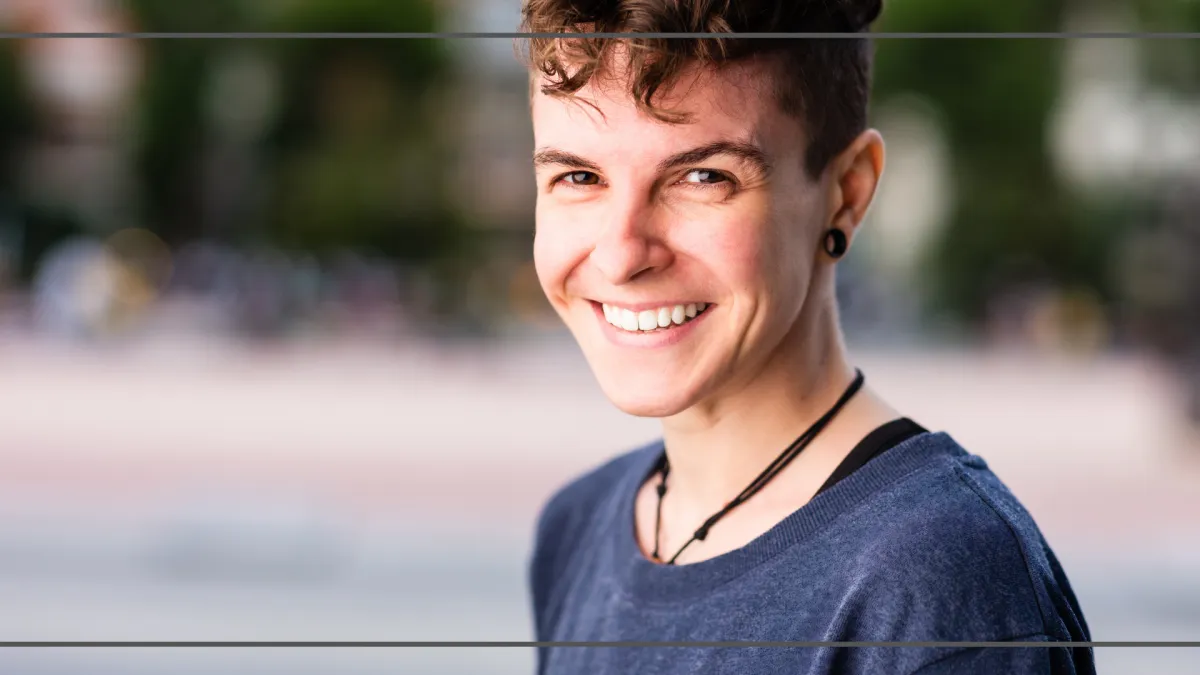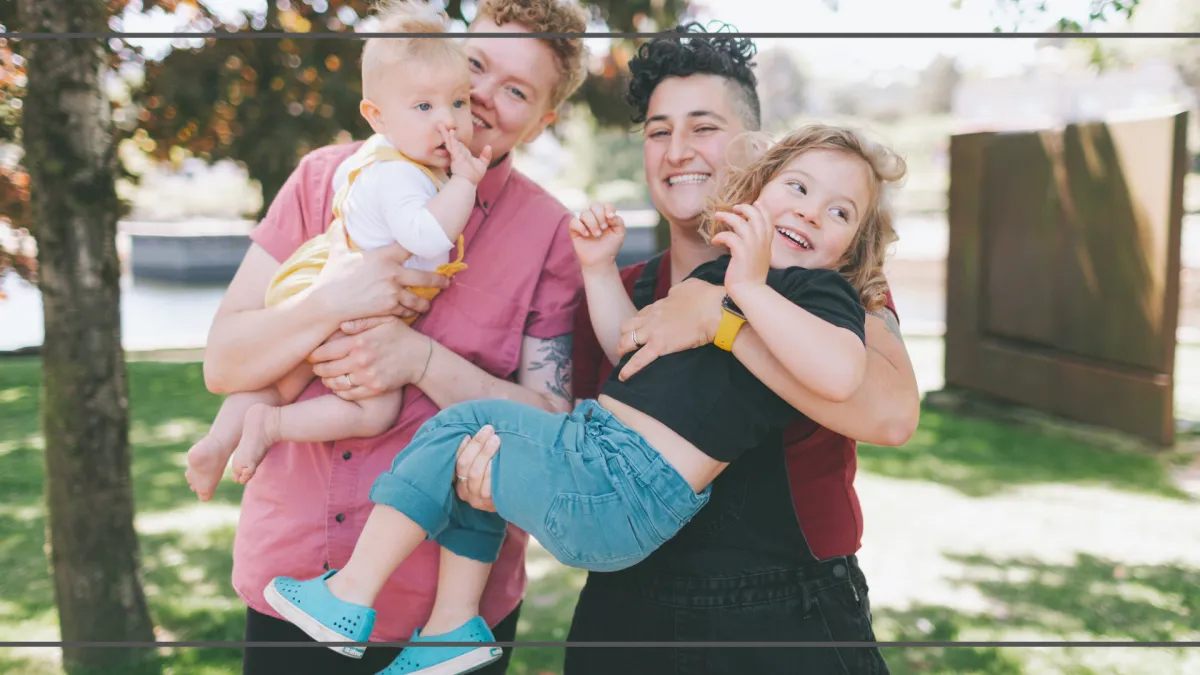Dear Past, Thanks for all the lessons.
Dear Future, I'm ready to kick ass.
Welcome to FlowArt Therapy, established in 2016 by Dr. Misty Gibson. Our practice is all about supporting neurodivergent and queer folks with a fresh, inclusive approach to mental health. Dr. Misty, with her extensive credentials (PhD, LMHC, LCPC, LCPAT, ATR-BC, CST, ACS, ATCS, NCC, BC-TMH), is a specialist in neurodivergent and queer concerns and an AASECT Certified Sex Therapist.
Our awesome team of therapists are trained and passionate about working with neurodivergent folx and queer folx, as well as people in open relationships, polyamorous dynamics, relationship anarchy, and the BDSM community. Under Dr. Misty’s expert guidance, we focus on providing affirming and culturally competent care for those who are often marginalized by traditional mental health services. At FlowArt, we celebrate your individuality and offer innovative, tailored care that respects and values your unique journey.

Understanding Auditory Processing Challenges in Neurodivergence
Today, we’re diving into a topic that’s crucial for many neurodivergent individuals but often misunderstood by those unfamiliar with the experience: auditory processing challenges. Whether you're neurodivergent yourself or simply looking to better understand the experiences of others, this post aims to shed light on what auditory processing is, how it affects daily life, and ways to navigate these challenges.
What is Auditory Processing?
Auditory processing refers to the brain's ability to interpret and make sense of the sounds we hear. It’s more than just the physical act of hearing; it involves processing the sounds into meaningful information. For many neurodivergent people, this process can be more complex and challenging, leading to what we call auditory processing difficulties or disorders.
Common Experiences of Auditory Processing Challenges
Imagine being in a crowded room where multiple conversations, background noises, and various sounds merge into one overwhelming cacophony. For someone with auditory processing challenges, this scenario can be a daily struggle. Here are a few common experiences:
Difficulty Filtering Background Noise: Distinguishing between background noise and important sounds can be tough, making it hard to focus on conversations or tasks.
Delayed Processing: There might be a lag between hearing a sound and understanding it, leading to delays in responding or following instructions.
Misinterpretation of Sounds: Sounds can be misinterpreted or confused, making verbal instructions or conversations challenging to follow accurately.
Sensitivity to Sound: Some individuals may be hypersensitive to certain sounds, which can be distracting or even painful.
How Do These Challenges Impact Daily Life?
Auditory processing challenges can affect various aspects of daily life, including:
Communication: Holding conversations, especially in noisy environments, can be exhausting and frustrating.
Learning: Following verbal instructions in educational or professional settings can be more challenging.
Social Interactions: Participating in group activities or social gatherings can be overwhelming, leading to feelings of isolation or anxiety.
Navigating Auditory Processing Challenges
While auditory processing challenges can be daunting, there are strategies and tools that can help. Here are a few tips:
Use Visual Aids: Supplement verbal instructions with written or visual aids to reinforce understanding.
Create Quiet Spaces: Designate quiet areas for work or relaxation to minimize background noise and distractions.
Practice Active Listening: Encourage active listening techniques, such as summarizing what was heard or asking for repetition if needed.
Seek Professional Support: Audiologists, speech therapists, and occupational therapists can provide tailored strategies and interventions.
Building Understanding and Support
For those without auditory processing challenges, understanding and empathy go a long way. Here are some ways to be supportive:
Be Patient: Allow extra time for responses and be understanding of delays or misunderstandings.
Minimize Background Noise: When possible, reduce background noise during conversations.
Provide Clear Instructions: Give clear, concise, and multi-modal instructions to aid understanding.
Conclusion
Auditory processing challenges are a significant aspect of the neurodivergent experience, impacting communication, learning, and social interactions. By building awareness and employing supportive strategies, we can create a more inclusive environment where everyone feels heard and valued.
Thank you for taking the time to learn about this important topic. If you have any questions or would like to share your experiences, please leave a comment below. Together, we can continue to foster understanding and support within our community.
About Dr. Misty Gibson

Dr. Misty began FlowArt Therapy as a solo venture in 2016. As she worked alone, she realized that the unique population she serves needed more specialized mental health care than she could provide by herself. In 2020, Dr. Misty decided to expand into a group collective, inviting interns and associates to join her in practicing clinical mental health and sex therapy for neurodivergent, queer, polyamorous, and kinky individuals.
Over the years, Dr. Misty has trained many students, interns, and associates in competent, compassionate, and consent-based therapy, using a relational-cultural approach. To be a part of FlowArt Therapy, it’s essential that all therapists are sex-positive, neurodivergent-informed, and committed to continuing their education in these areas. Dr. Misty has transformed her practice into a collaborative teaching space, where she closely models and trains therapists in these focused methods.
Together with her colleague and business partner, Michell Brockman, Dr. Misty is expanding the reach of FlowArt. They’re working on bringing on-demand learning opportunities to the public and to clinical mental health practitioners about the intersection of neurodivergence and queer identities through FlowArt Academy, The Sparkle Newsletter, The Sparkle App (coming soon), and the Neurosparkly podcast.
What's On
Check out the things we are working on within FlowArt and beyond!
Check Out Our News!
Our newsletter, The Sparkle, is chock full of great articles and insights focused on neurodivergence, queer identity, and other amazing content. We often have cool freebies included too, so don't miss out!
FlowArt Therapy
Dr. Misty's group practice that inspired it all, is always taking new clients! We focus on queer issues and neurodivergent humans, particularly adults who are newly exploring their neurodivergent identities, as well as polyamorous and kinky folx! Let's get you started on therapy!
On Demand Courses
The courses on FlowArt Academy are focused on topics for neurodivergent and queer folx and the people who love them. We provide great learning to bring awareness and support for neurodivergent/queer/adjacent identities.
Listen to Our Podcast!
Our podcast, Neurosparkly, is funny, insightful, and genuine, and we'd love it if you check it out! Neurosparkly publishes a new episode every week where we share our thoughts and have great conversations & guests!
FlowArt's The Sparkle App
We’re excited to be developing The Sparkle App, bringing you daily content on courses and programs focused on neurodivergence and queer identity, as well as bespoke programs specific to your learning interests. Stay tuned for an amazing experience designed just for you!
If you are in crisis, please do not use this site. For more crisis services and information about police intervention, please click the button below:
If you or someone you know is in immediate, life-threatening danger and decide to call 911, please be aware that police are not equipped to offer mental health support and may even pose danger to People of Color, Neurodivergent people and Disabled people.
Please ALSO reach out to community leaders, neighbors, friends, and family to be present if you are calling the police.
Please note that some crisis line workers are mandated to report calls regarding suicide to the police. If this is a concern, we encourage you to first ask about their reporting policies before sharing.
© 2024 FlowArt
The information contained in this Web site and from it's resources is for general guidance on matters of interest only. The information contained in this website is for general information purposes only. The information contained in or through our website is not intended to provide medical advice and is not intended to be a substitute for professional medical advice, diagnosis or treatment that can be provided by your own Medical Provider (including doctor/physician, nurse, physician’s assistant, or any other health professional), Mental Health Provider (including psychiatrist, psychologist, therapist, counselor, or social worker), or member of the clergy. The website and its education resources are not be used as a substitute for consultation with a professional psychologist or other professional health or medical provider. Therefore, do not disregard or delay seeking professional medical, mental health or religious advice because of information you have read on this website or received from us. Do not stop taking any medications without speaking to your own Medical Provider or Mental Health Provider. If you have or suspect that you have a medical or mental health problem, contact your own Medical Provider or Mental Health Provider promptly.



















